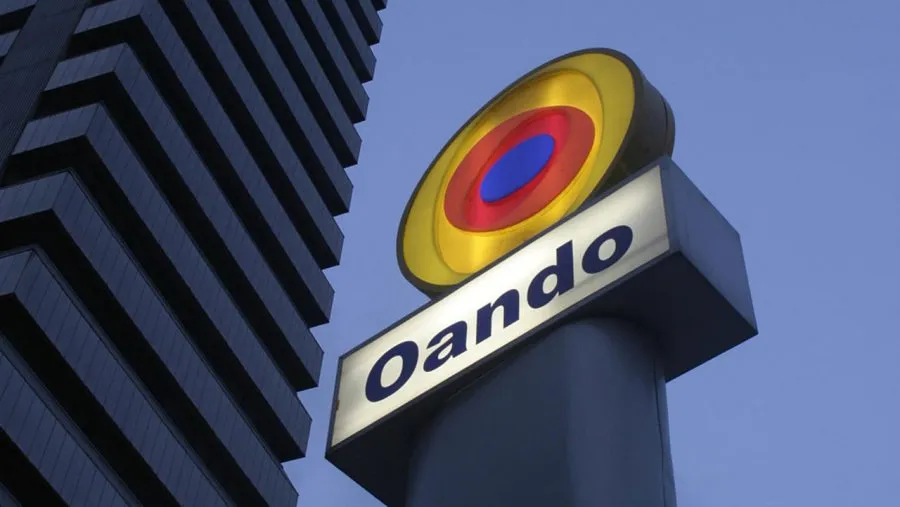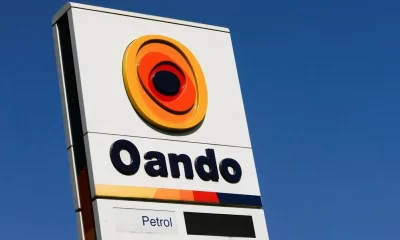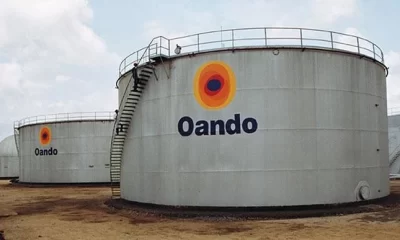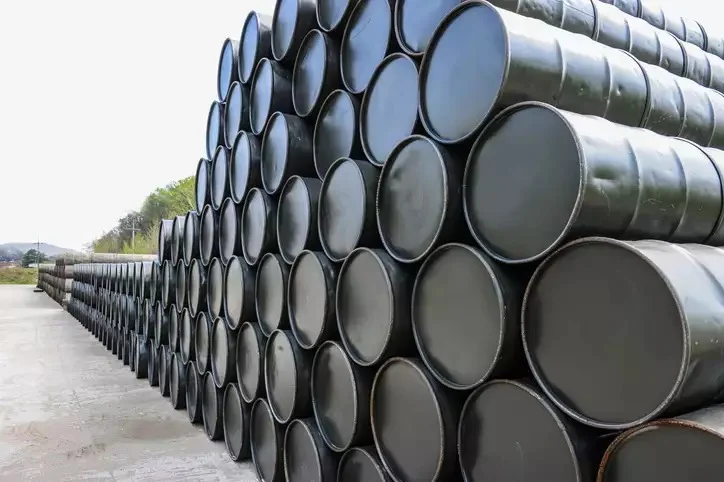Nigeria leading indigenous energy solutions provider, Oando Plc has bounced back with a major turnaround in its profitability as it recorded profit of N104.1 billion in 2023.
The interim report and accounts for the year ended December 31, 2023 released at the Nigerian Exchange (NGX) showed significant improvements in sales and profitability of the company.
Turnover rose by 71 per cent from N1.9 trillion in 2022 to N3.4 trillion in 2023. As against net loss of N81.2 billion in 2022, the company recorded net profit of N74.7 billion in 2023. Pre-tax profit stood at N104.1 billion in 2023, compared with pre-tax loss of N61.84 billion in 2022.
The report also highlighted a significant reduction of 23 per cent in the group’s upstream borrowings from $635.6 million in 2022 to $488.9 million in 2023.
The performance of the group was driven by considerable improvements in major business categories with trading operations rising by 50 per cent. Traded crude oil volumes rose to 32.8 million bbls in 2023 as against 21.8 million bbls in 2022. Traded refined petroleum products dropped by 15 per cent to 1.646 million MT in 2023 compared with 1.938 million MT in 2022.
The upstream saw an increase in production from 20,703 boepd in 2022 to 20,837 boepd in 2023, despite the challenges in the oil producing region. Oil production stood at 6,024bbls/day in 2023 as against 4,939bbls/day in 2022. Natural gas production stood at 14,572boe/day in 2023 compared with 15,292boe/day in 2022. NGL production was 241bbls/day in 2023 as against 472bbls/day in 2022.
The release of the 2023 results brings the company a step closer to being in line with regulatory requirements for all listed companies. It indicates that by the end of this year, Oando will be on track with its peers in reporting results thus giving confidence to shareholders and investors on the company’s current state and future.
2023 has seen Oando push forward with its growth agenda, recording positive highlights, including the signing of a Sale & Purchase Agreement (SPA) with Italian oil major, Eni to acquire one of its local subsidiaries, the Nigeria Agip Oil Company Limited (NAOC).
In addition, its clean energy arm, Oando Clean Energy Limited (OCEL) launched its electric mass transit buses in partnership with the Lagos State government, signaling that things are beginning to look up for the indigenous giant.
Group Chief Executive, Oando Plc, Mr. Wale Tinubu, said the results showed that the company has weathered the storm and on track to consolidate future growth.
According to him, despite the persistent pipeline vandalism across the Niger Delta, which continues to dampen crude production, the profit after tax of N 74.7 billion in 2023 was largely driven by increased trading volumes due to strategic global partnerships and net foreign exchange gains on the group’s foreign currency denominated assets as against losses on foreign currency denominated liabilities.
He noted that the milestone signing of the Sale and Purchase Agreement with Eni towards the acquisition of 100 per cent of the shares of NAOC Ltd, marked a pivotal moment for the company as it is poised to unlock substantial synergies in the near future.
“Our focus is now on completing the acquisition and seamlessly integrating operations to deliver exceptional value to our shareholders.
“Having weathered the storm of recent years, our latest results provide a foundation for us to consolidate and build for the future. With our planned acquisition of NAOC, we are positioned to take full operatorship and drive-up outputs, value and efficiencies.
“Moreover, our foray into and leadership in clean energy expands our footprint as a fit and proper integrated energy company with our feet firmly planted in today’s realities and the possibilities of the future,” Tinubu said.

 News3 years ago
News3 years ago
 Entertainment2 years ago
Entertainment2 years ago
 Privacy3 years ago
Privacy3 years ago
 News3 years ago
News3 years ago
 Sports3 years ago
Sports3 years ago
 Entertainment3 years ago
Entertainment3 years ago
 News3 years ago
News3 years ago
 Opinion3 years ago
Opinion3 years ago










